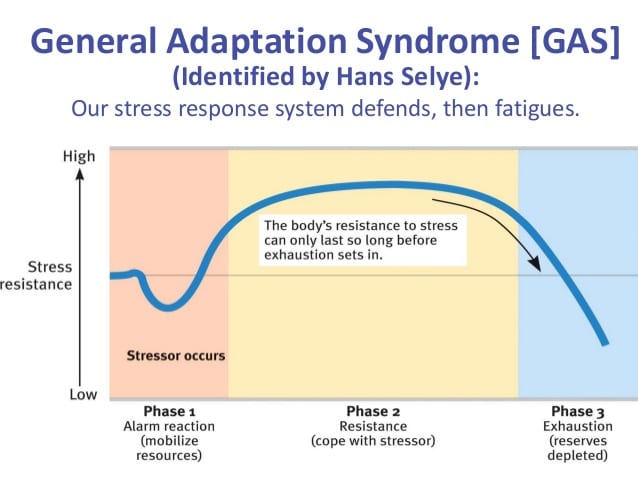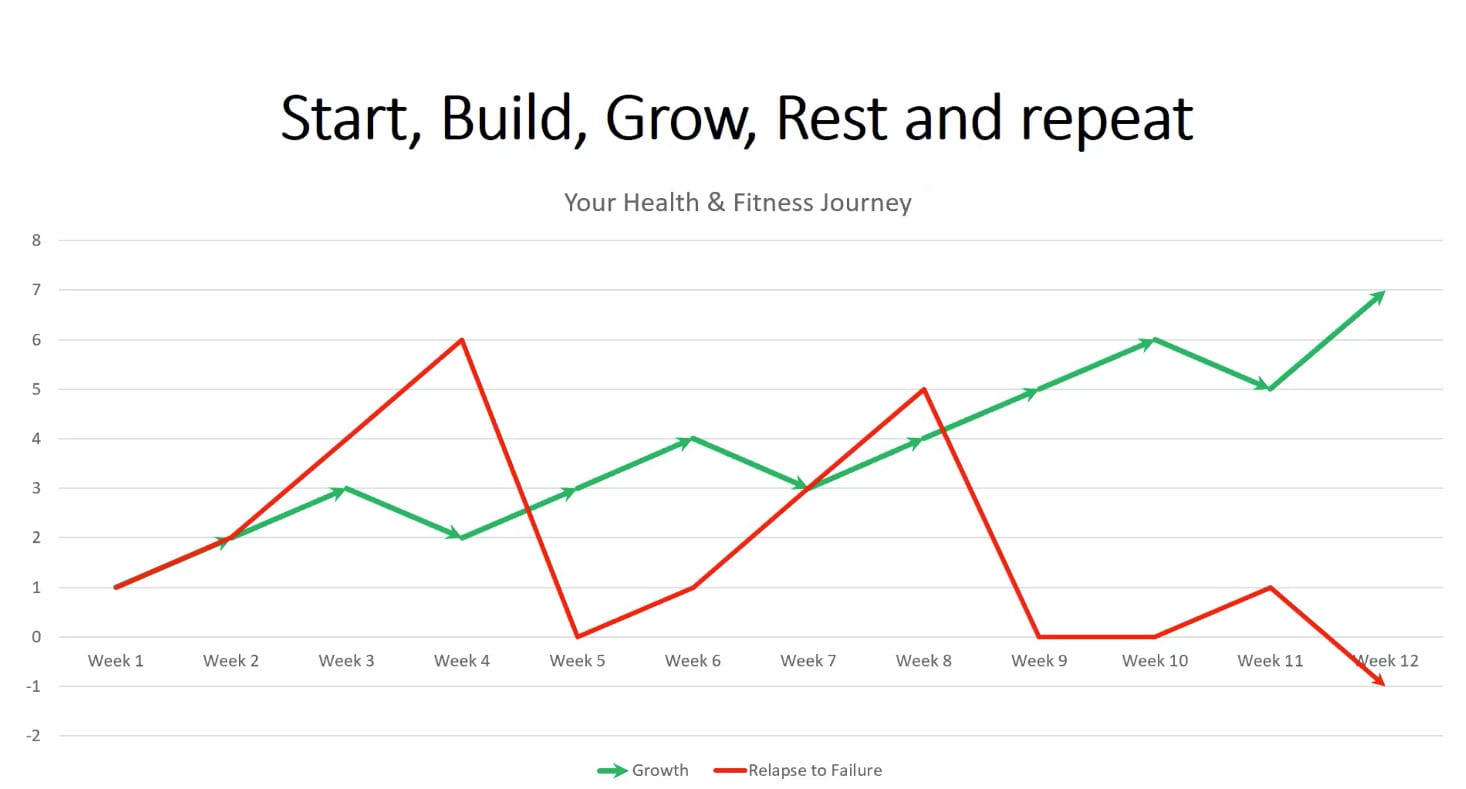Virtual coffee meetings with Metis Ireland
Part one: Keeping stress in check
Over the last few weeks we’ve seen virtual versions of just about everything – pub quizzes, birthday parties, even gigs. At Metis Ireland we’ve been using Zoom to hold face-to-face planning sessions with clients and it’s gone really well.
So well in fact, we decided to see what else we could do, which is how we came up with the idea of a virtual coffee session. Over the next few weeks we’re bringing industry figures and experts into your home to talk about a variety of subjects. Each expert will keep their talk to a few information-packed minutes, and of course you can have an actual coffee (in your own home, made to your own recipe without waiting in line for somebody to shout your name incorrectly).
We’ll also be blogging with a recap of what each speaker has to say, starting this week with fitness & performance coach Joe O’Connor.
Stress, coping mechanisms and knowing how much is enough
Whether or not you tend naturally towards being upbeat, there’s no dressing it up – the current situation is far from normal. Everyone is experiencing stress at the moment, whether it’s directly, as a reaction to the virus itself, or indirectly in its impact on our businesses, as well as our bodies and minds.
Stress can seem like an immovable object, but it isn’t. What matters is how we cope with it. For the record, the World Health Organisation defines stress as:
“The response people may have when presented with demands and pressures that are not matched to their abilities and which challenge their ability to cope.”
That seems fair enough. But just like the body’s experience of fitness and exercise, the mind can become accustomed to stress and learn to deal with it.
Building resilience
There’s actually a reason why people talk about ‘getting ripped’. When you lift weights, you’re causing tiny tears in muscle. As they heal, they become stronger. Resistance training is a process of damage and response – we feel we’re getting stronger, but it’s more accurate to say we’re adapting to accommodate new stresses.
It’s a bit like digging the garden or learning to play the guitar, each will result in pain and calloused fingers to begin with. But in time, you’ll build a resilience that allows you to take things in your stride that once seemed unassailable.
The right attitude
So stress is good? Well, it’s not that simple. Hungarian-born Hans Selye, dubbed the ‘father of stress research’ was the first to incorporate the word ‘stress’ into a medical setting. Among his observations was that ”Adopting the right attitude can convert a negative stress into a positive one”.
In his General Adaptation Syndrome shown below, Selye demonstrates the three phases of stress and in doing so shows that while we’re malleable, we’re not unbreakable. What we don’t want, ever, is find ourselves in Phase 3.


The ‘right’ attitude to stress isn’t to go flat-out in gung-ho style. That’s unsustainable. It’s true that stress can make us stronger, even that some level of stress can be useful, but the real skill is to learn how to manage it effectively.
Stress + rest = growth
Even those who ‘thrive on stress’ will come unstuck if they try to keep the pedal to the metal all the way. In exactly the same way that the body wouldn’t react well to going from zero exercise to a merciless, sustained physical training regime, stress can’t be handled without a plan that builds in a chance to recuperate.
If you start a new workout routine and give it absolutely everything, chances are you’ll see a sharp uptick in your physical condition. You’ll look and feel great, but then somewhere a few weeks in, things will start to go wrong – injuries creep in, damage occurs, motivation drops off.
Take a look at the chart below – it shows two possible routes to take when you try to improve your fitness.


No surprises for guessing that the green line is the one we should be following. It shows initial improvement, followed by a deliberate relaxation of that improvement as we take time to recuperate. We then commit again, from a higher point than we started from, climbing higher before another rest period. On it goes, but importantly the overall direction is clearly upwards and by week 12 your condition in a ‘rest’ phase is much stronger than it was in your early ‘build’ phases.
The same is true of stress, and the takeaway here is that it’s good to learn to cope with stress, but trying to go from zero to some kind of Terminator-like figure just won’t work. We might get ahead for five minutes, but inevitably we’ll crash and burn. Once is bad enough, but for an athlete, repeated crashes could mean the end of a career… it’s a serious business and we should take it seriously – athlete or businessperson.
We can learn to manage and handle stress now and we can learn to be better at coping with it in future, but we’re human and we need to go easy on ourselves too.
Talk to us
The irony of talking about stress while we all sit here drinking coffee isn’t lost on us, but hopefully that’s been helpful. You can find out more about Joe and his work here and remember that if you have any questions or concerns during these trying times, we’re still only a phone call away. The circumstances may be different but our commitment to you remains the same.
Next time we’ll be looking at how to manage your business through turbulent times.
Disclaimer
Metis Ireland Financial Planning Ltd t/a Metis Ireland is regulated by the Central Bank of Ireland.
All content provided in these blog posts is intended for information purposes only and should not be interpreted as financial advice. You should always engage the services of a fully qualified financial adviser before entering any financial contract. Metis Ireland Financial Planning Ltd t/a Metis Ireland will not be held responsible for any actions taken as a result of reading these blog posts.





